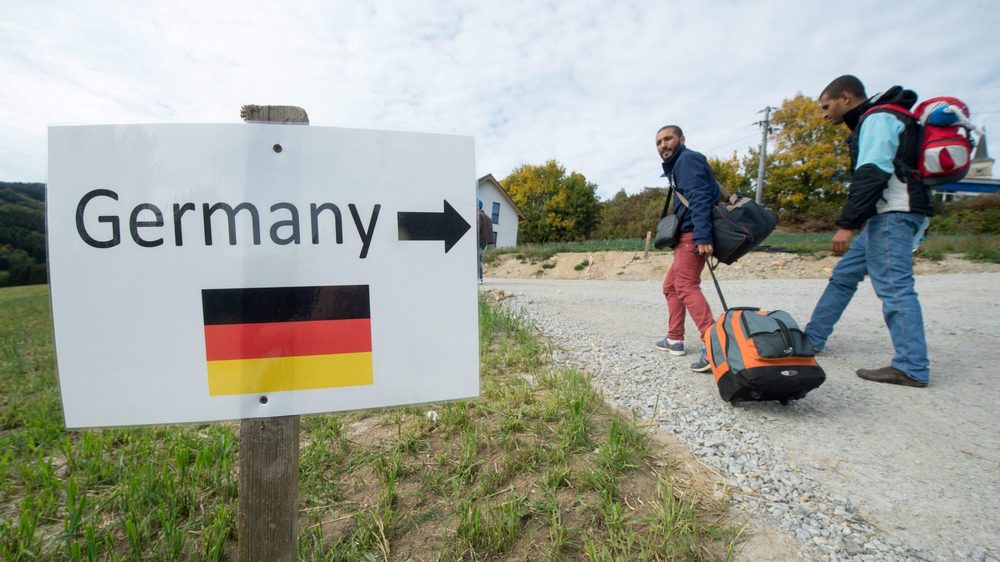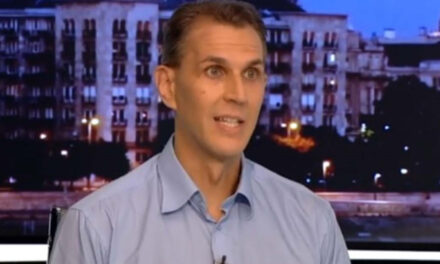Sharp criticism of the federal government's migration policy came from an unexpected place. According to the mayor, Germany is going through a serious crisis.
As Germany's population continues to break records due to mass immigration, and migrants are expected to cost taxpayers more than 36 billion euros in 2023, a growing number of people are warning that the Social Democrat-Green-Liberal federal government's immigration policy could have serious social consequences.
Recently, however, criticism came from an extremely unexpected place. Although the governing party called the Greens supports the arrival of as many people as possible to Germany, Boris Palmer of the Green Party, mayor of Tübingen, told the Neue Osnabrücker Zeitung this week that
"if all the resources of the society are devoted to the newcomers, but the locals are left with nothing, then this society will explode".
He went on to say that Germany's social system will sooner or later be exhausted due to the massive influx of migrants.
The costs of immigration to taxpayers are certainly enormous, spending tens of billions annually to provide housing, food and integration services to Germany's growing foreign-born population. New stories like this week's report that Hamburg spends €14 million a month on hotel rooms alone to house migrants have become routine in the country. This number is just a drop in the ocean.
According to recently published data from the Ministry of Finance, Germany will spend 26.65 billion euros on migrants alone this year. However, this number doesn't even tell the whole picture, as it's only money spent at the federal level. According to forecasts, the provinces and local governments will also spend more than 10 billion euros, so that the total amount will rise to at least 36 billion euros in 2023 alone.
But the issue of mass immigration affects everything, with many costs that are not easy to calculate, from overcrowded and chaotic schools to rising housing prices.
According to Palmer, due to the high number of asylum seekers arriving in Germany each year, it is important to ask what this means for the country. It points to the mix of poorly integrated newcomers and the high demands placed on the German social care system.
Since social welfare is extremely permissive and generous, those who come to the country live on benefits rather than work.have introduced a number of policies to reduce immigration waves, including closing Germany's borders, but the party, while popular, has little political power. AfD leader Alice Weidel said closing the borders was crucial to protecting Germany's social system. Responding to the government's proposal that all residents of Germany, even migrants to Germany, should receive a basic income, Weidel said that this would only encourage more newcomers and that there were already legitimate concerns that immigrants would not be able to access the labor market. instead of entering, they rely on the welfare state.
So far, 2023 shows little sign that the migrant crisis will ease. In the first quarter of the year, Germany received 80,000 asylum applications, according to data from the Federal Office for Migration and Asylum, which represents an 80 percent increase compared to last year.
V4NA
Featured image: MTI/EPA/Armin Weigel












